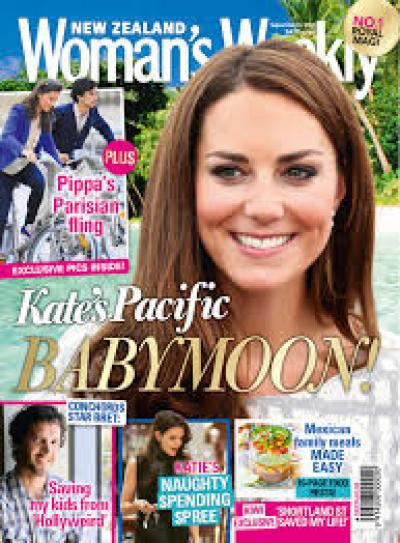Influx of Esol students is fresh imperative to curb New Zealand-ese
A group or collection of females described in the singular as “woman,” has emerged as the most obvious flaw in the diction of professional broadcasters according to a survey by MSC Newswire, the affiliate site of the National Press Club.
The other most discernible mangled word was vulnerable which frequently emerges as “vunerable,” according to the panel.
Also selected was “summision” for submission.
In vowel handling the panel identified as a continuing articulation problem the sounds of the letters “a” and “e” in which for example weeks of time became “wakes” of time and the Southern Alps became the Southern “yelps.”
Other examples among many was the word flash being delivered as “flesh” and vice versa. Someone called Alice was frequently described as “Ellis,” and again vice versa.
This was mentioned by the panel in a range of other such transposition which included the word (bus) fares emerging as “fears,” and vice versa.
Other such jumbled locutions were the words beer/bare/bear noted the panel.
The panel remained though much exercised about the delivery of more than one female as “woman” and it warned that especially when rendered on the state stations it exhibited what it described as an indifference to standards.
This single-as-plural colloquialism was unique to New Zealand and it existed in isolation from any other English language argot or slang such as Cockney.
It was of relatively recent derivation.
It was due according to the panel to the New Zealand Woman's Weekly first published in the depths of the great depression,1932, and which once had the highest print saturation per head of population in the world.
It was and remains Woman’s Weekly rather than being entitled the plural Women’s Weekly as it was in every other country including Australia (see illustrations) in which the same formula magazine was launched shortly after the pioneering New Zealand version.
Even so, counselled the panel, slipshod standards in professional broadcasting reflected adversely on every other professional endeavour in anything at all in the nation at large.
The panel stated that it reviewed only the delivery of professional broadcasters and those who put themselves forward as such.
The panel observed also that those responsible for mainstream broadcast media delivery should bear in mind the nation’s accelerating role in ESOL.
Curiously, the panel accommodated and even discounted the discarding of the present participle ing in favour of ‘in or the more specialised New Zealand rendering ‘een. as in “walkeen, talkeen” or doin’ and thinkin.’
“We are not ‘worry-een’” quipped the panel.
This was because the termination minus the “g” was standard among US broadcasters and was notably becoming so now in the BBC.
The BBC, the onetime arbiter of vocal English standards, was being forced politically to adopt more and more regional accents and patois and do so regardless of its central role as a universally comprehensible communicator.
Even so and bearing in mind New Zealand tertiary education’s increasing revenue dependence on English as a second language for Asian students, the panel cautioned state broadcasters over the use of what it described as “institutionalised” slang such as choppers for helicopters and “the ditch” for the Tasman Sea.

